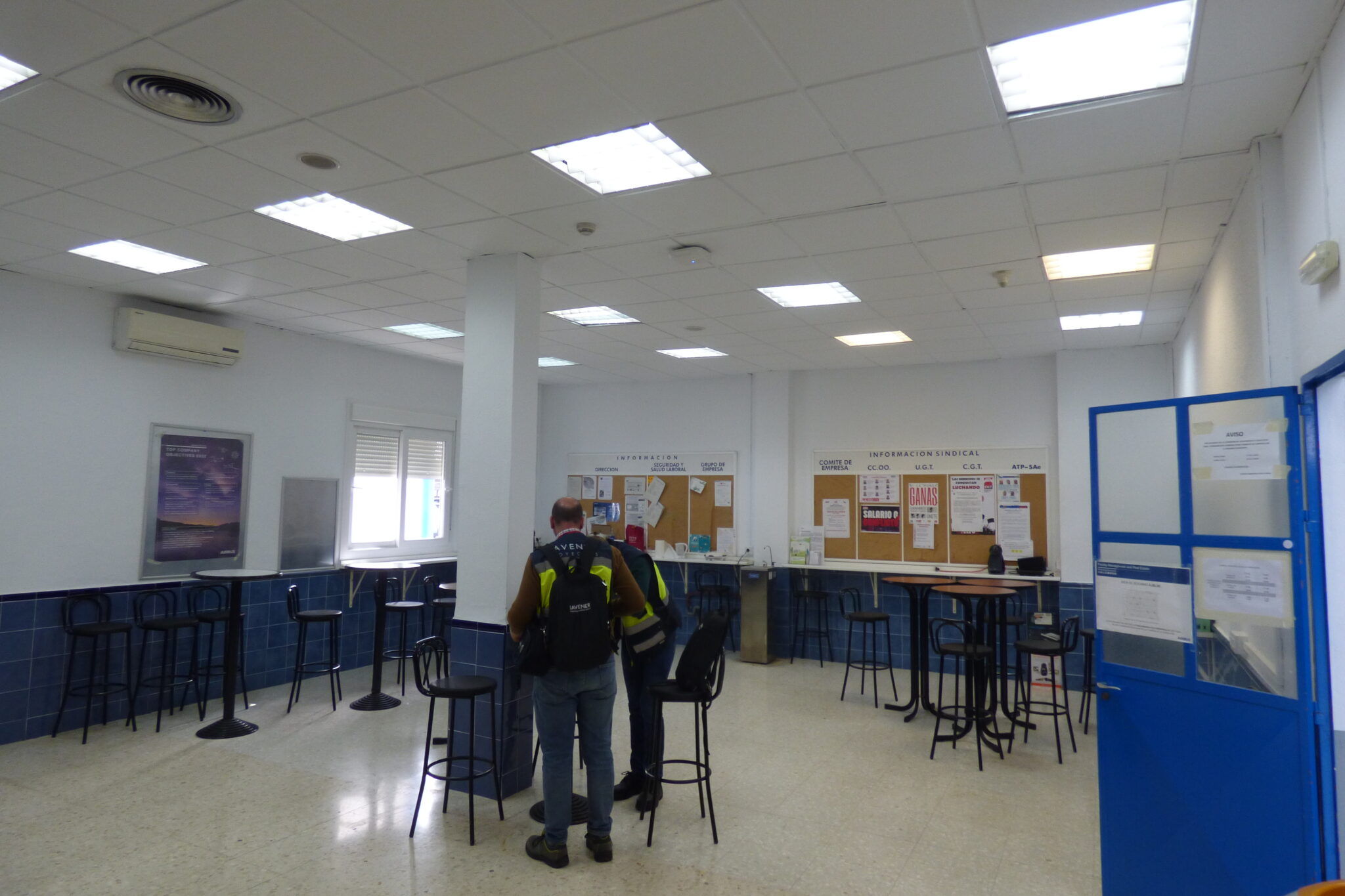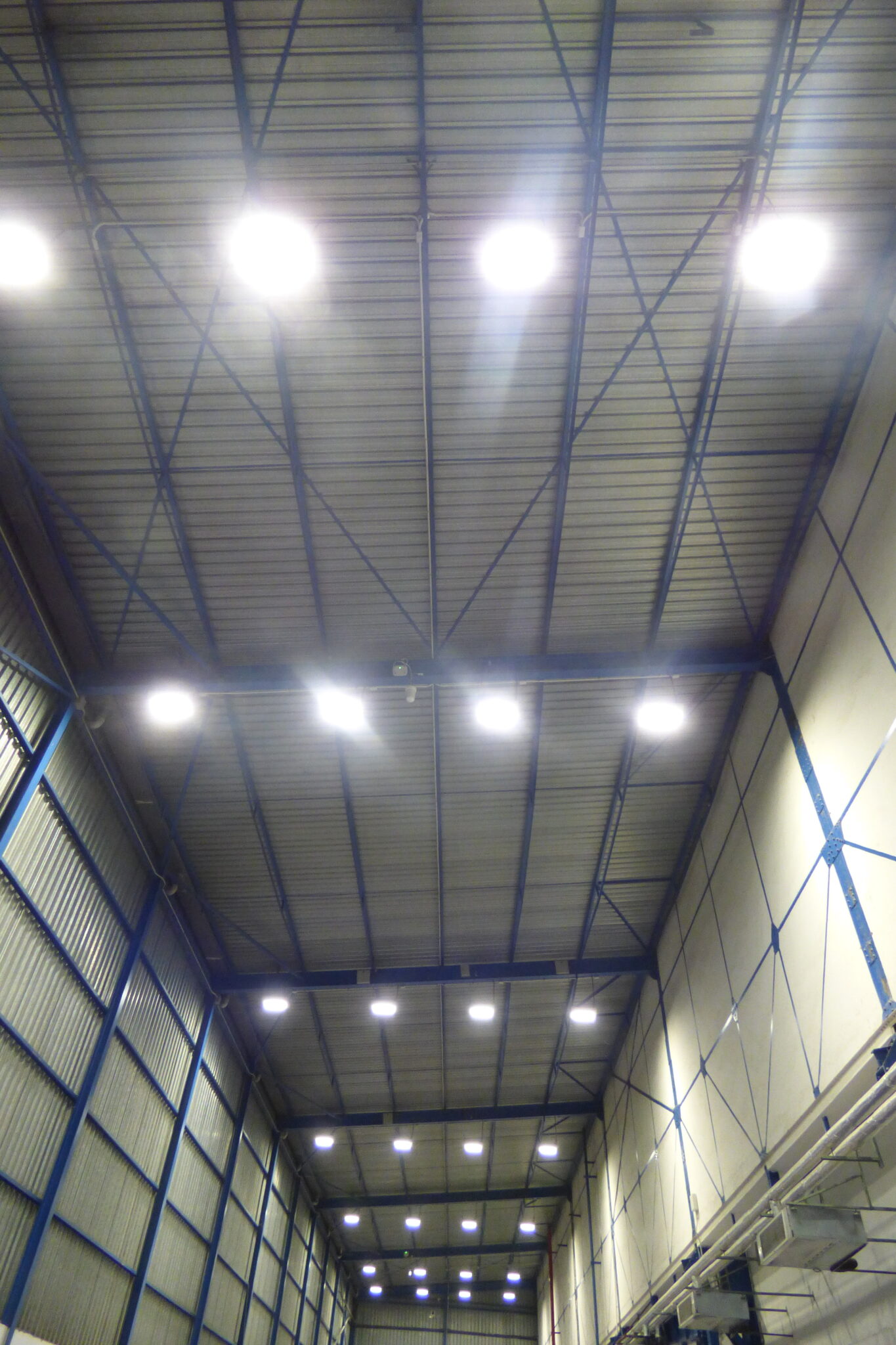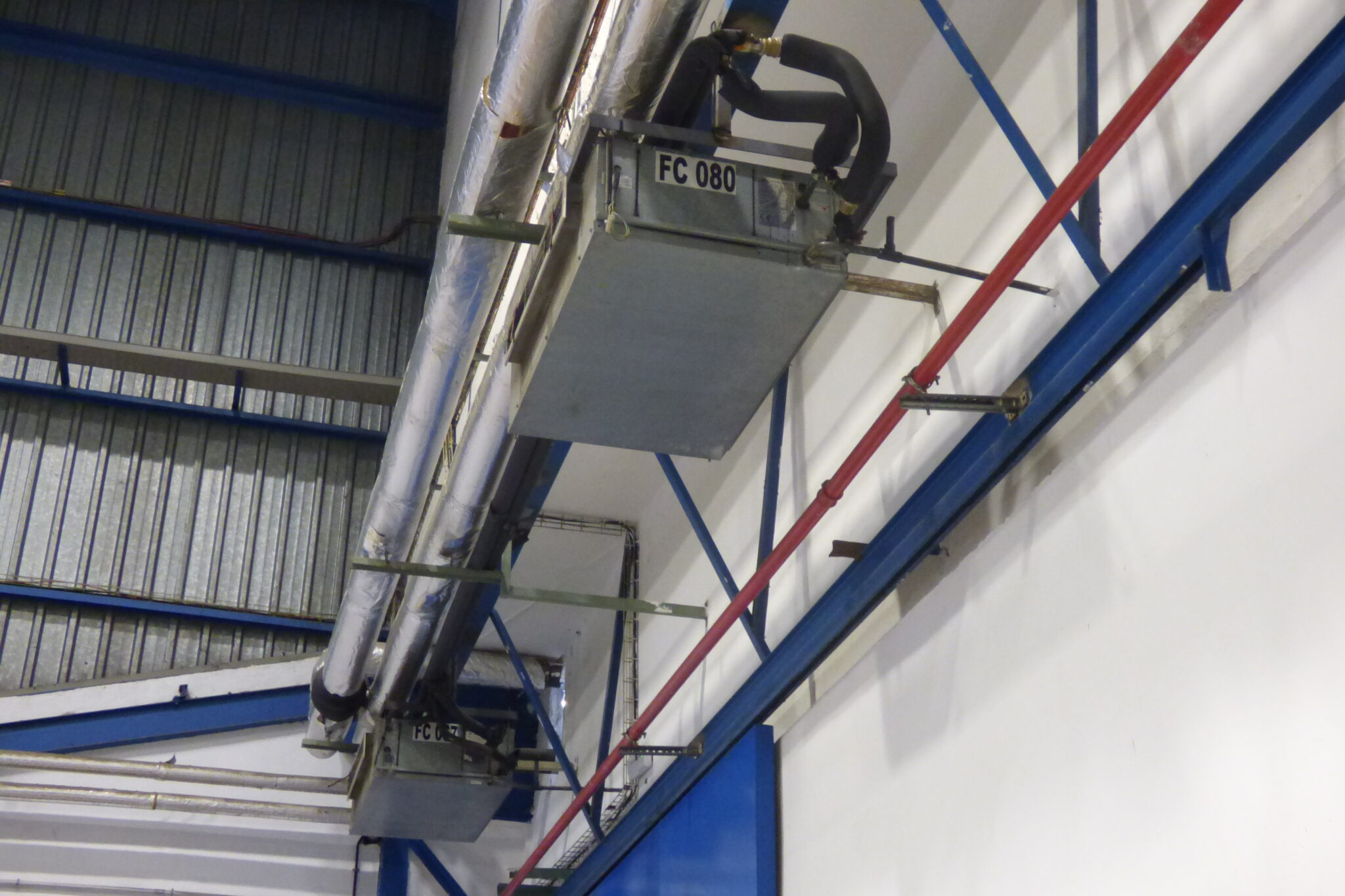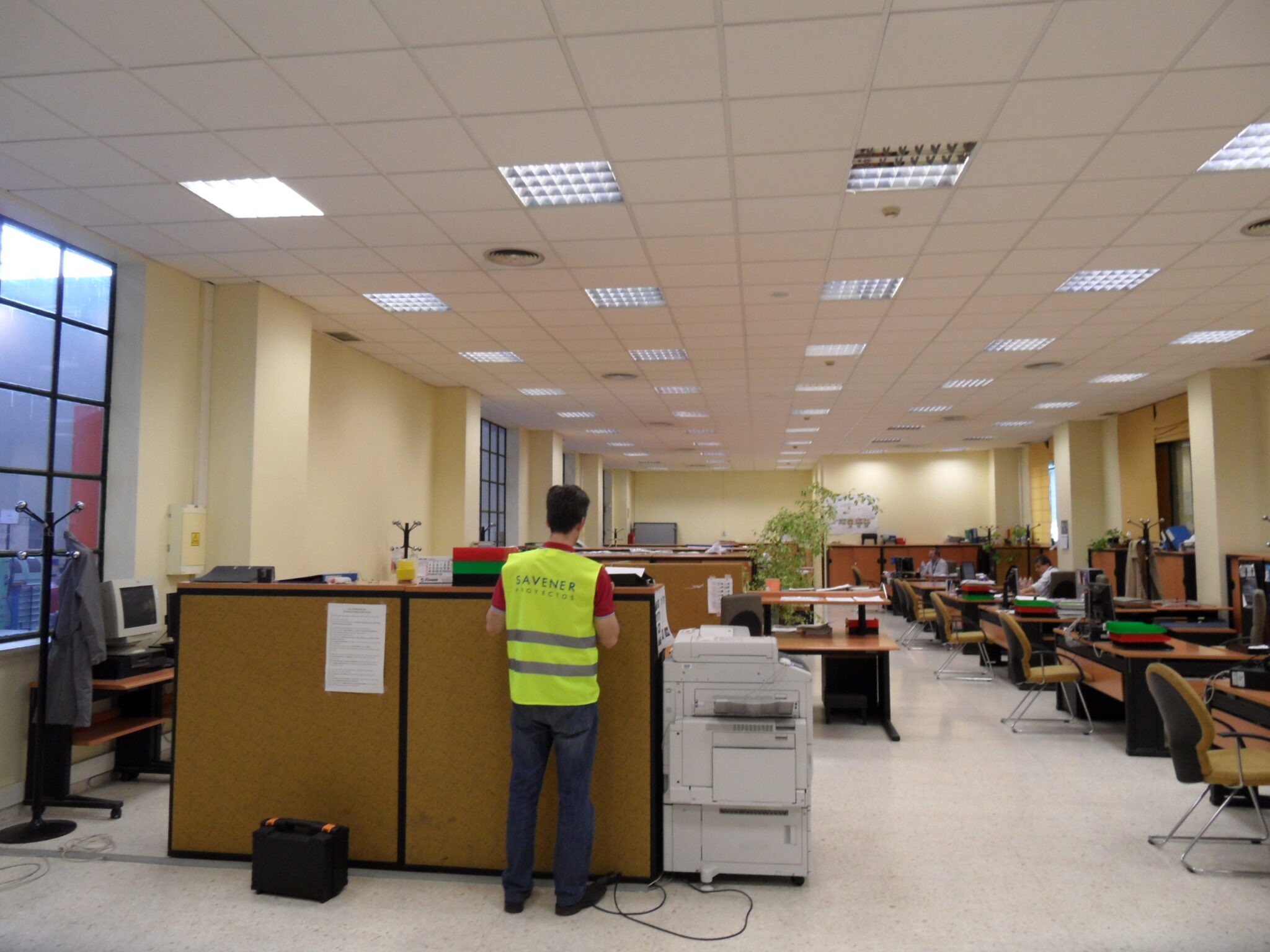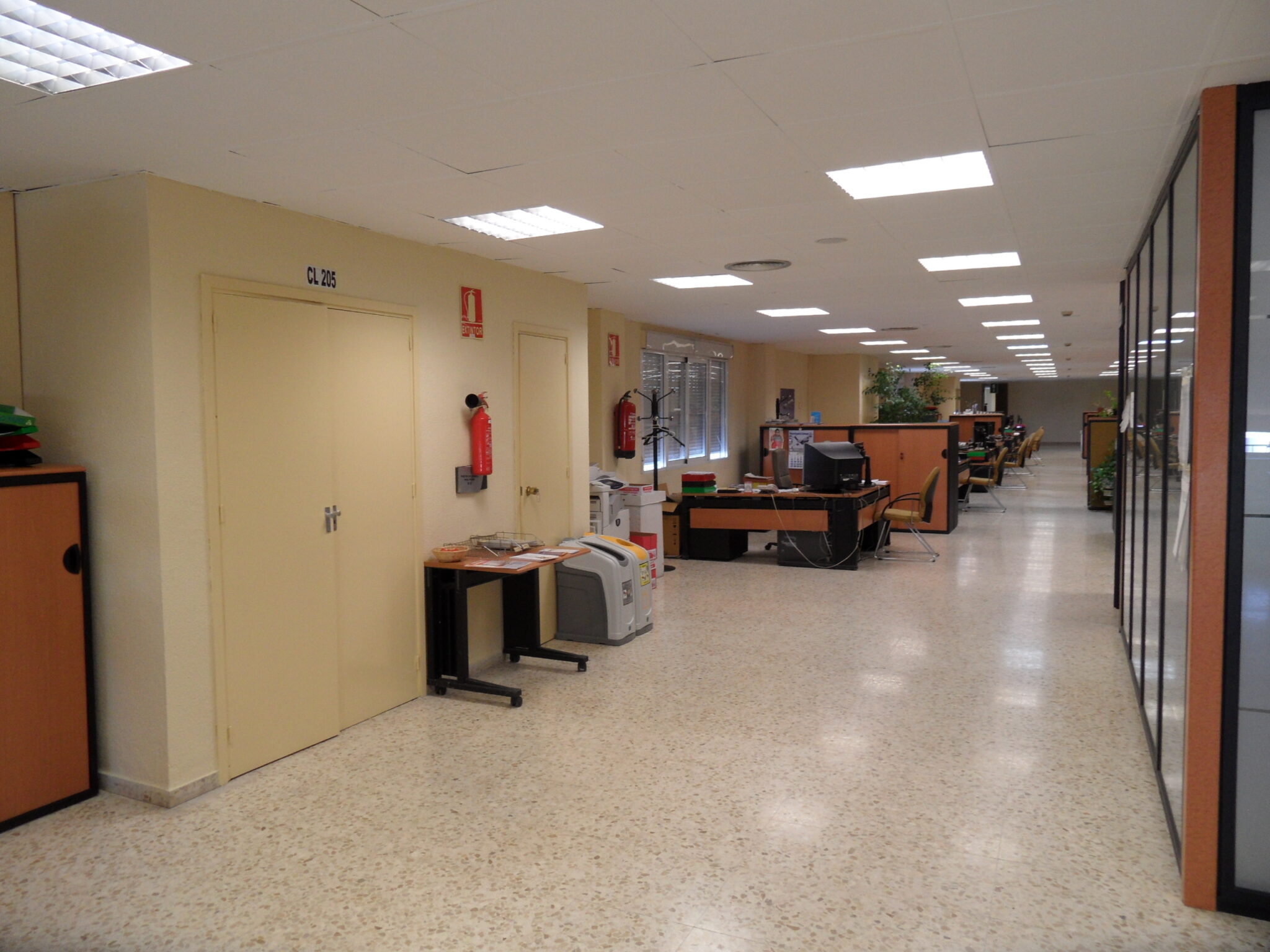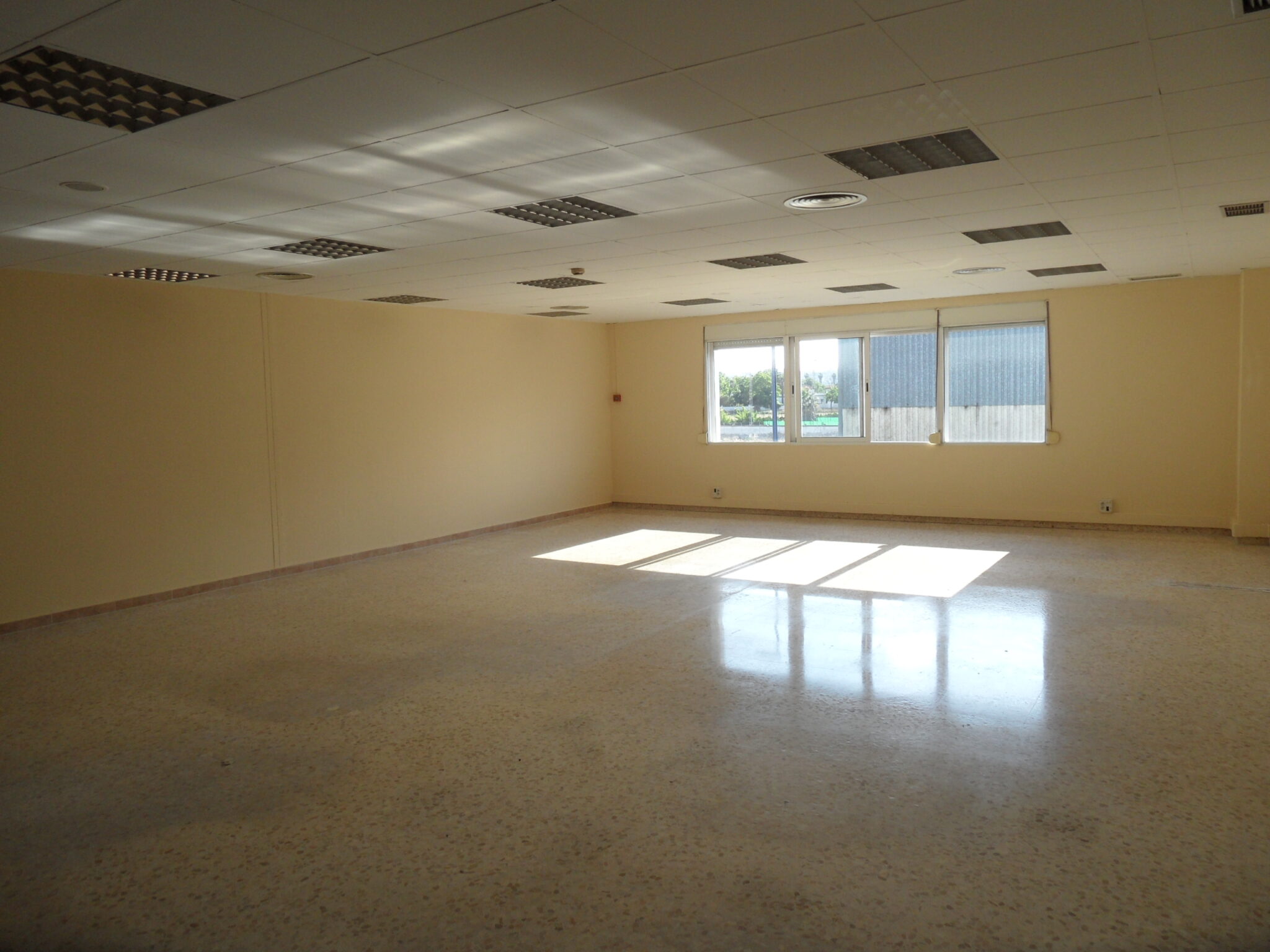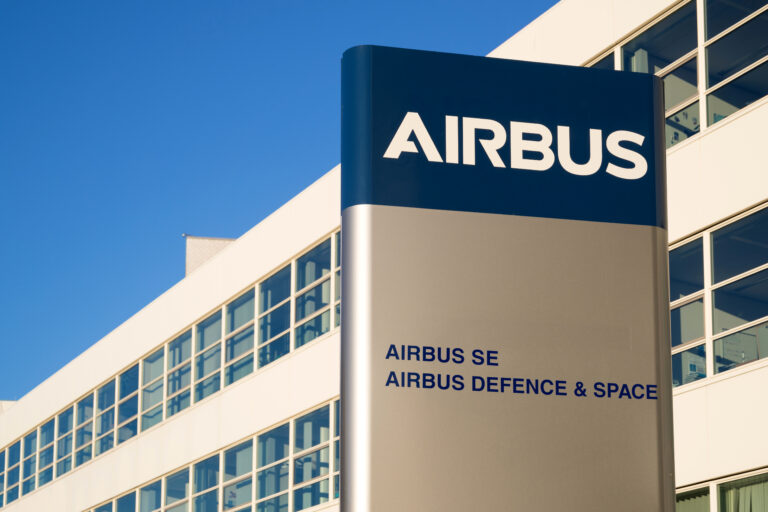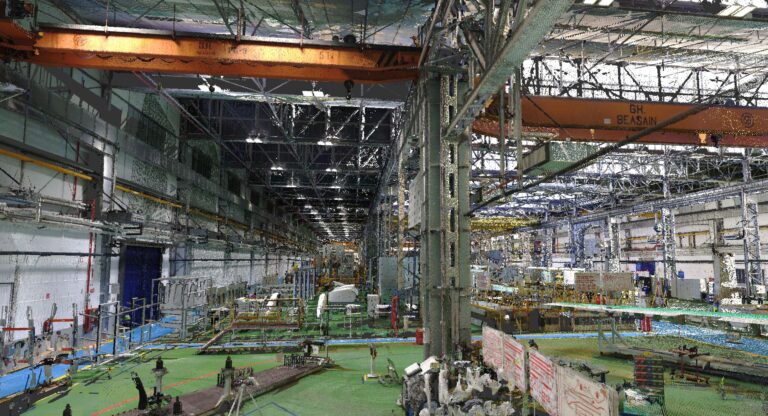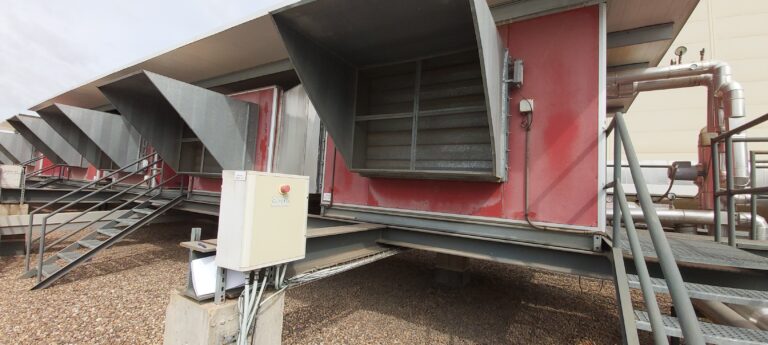- Location: Seville
- Key Data: 30,000 m2 of surface area in non-productive areas.
- Technology: LEDs and control implementation
- Client: Airbus
Savener has successfully completed the development of the Energy Efficiency Improvement Project in the non-productive areas of the Airbus factory in Tablada (Seville). This new milestone reflects Savener’s firm commitment to the design of sustainable and high performance solutions, consolidating our position as a reference in advanced energy engineering and efficiency strategies applied to highly demanding industrial environments.
The scope of the project has included a comprehensive analysis of the energy performance in spaces such as offices, changing rooms, toilets, rest areas and warehouses, all of which are essential for the well-being of the staff, although not directly related to the production process. In these areas, a detailed study was carried out of lighting consumption, air conditioning systems and their degree of compliance with current regulations, with special attention to the minimum supply of outside air in occupied spaces.
Based on this technical analysis, different solutions have been designed to optimise energy consumption, improve environmental comfort and reduce the carbon footprint of the complex. After a rigorous evaluation of their technical and economic feasibility, the project proposes an optimal proposal that will be implemented at a later stage.
This proposal envisages the replacement of the existing luminaires with state-of-the-art LED systems, capable of offering significantly higher efficiency while maintaining excellent lighting quality. This intervention will improve both energy sustainability and habitability conditions in the different areas involved.
Intelligent control systems will also be implemented on the existing air conditioning equipment, which will allow dynamic and automated management of energy use based on occupancy and environmental conditions. This approach will ensure a substantial improvement in the performance of the thermal systems, extend the lifetime of the equipment and optimise the return on investment.

